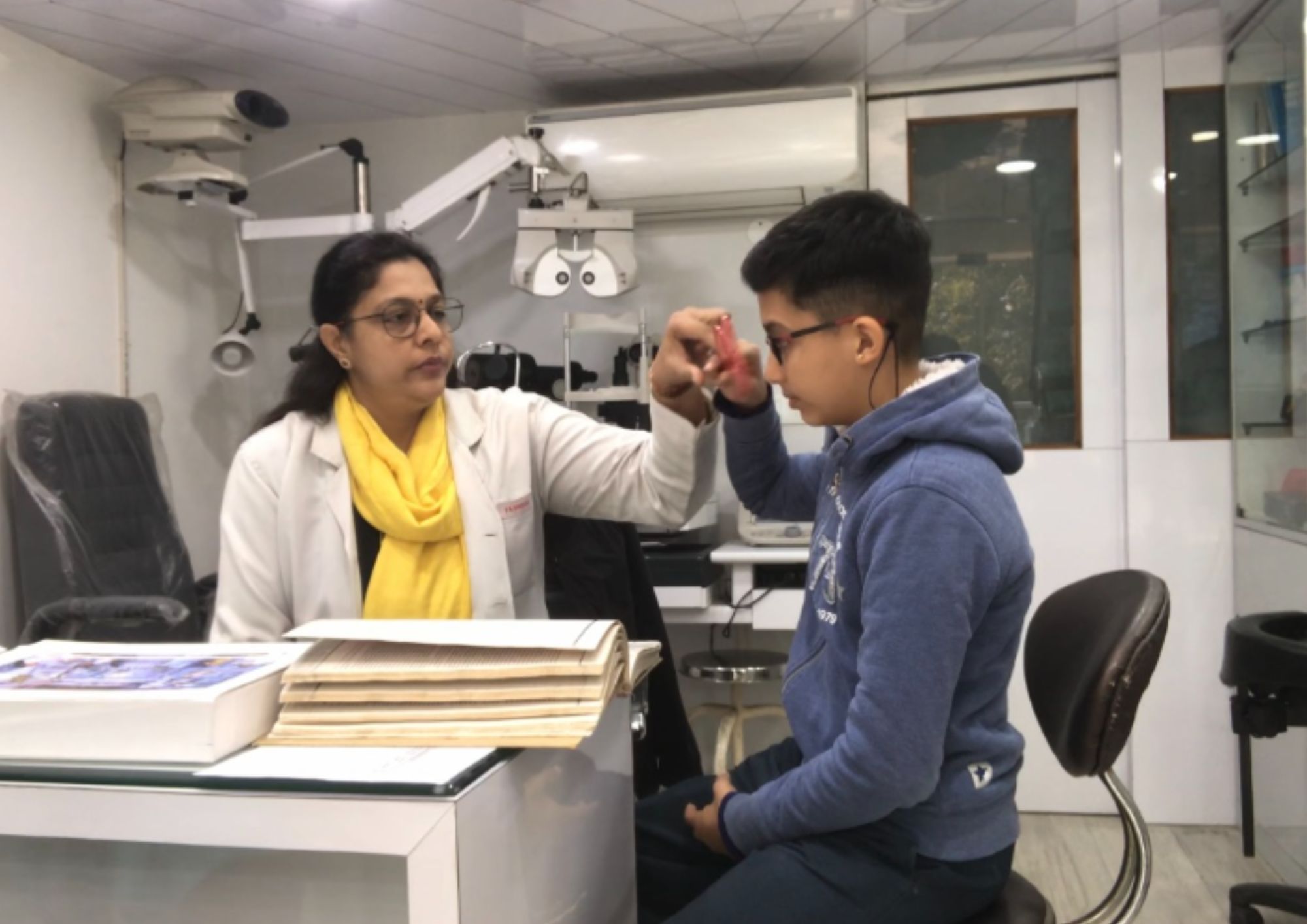Ideal Refractive Surgeries in AL: State-of-the-Art Eye Treatment
Ideal Refractive Surgeries in AL: State-of-the-Art Eye Treatment
Blog Article
Recognizing the Numerous Eye Conditions Dealt With by Specialized Eye Care Professionals
In the world of eye treatment, specialized experts play an important duty in diagnosing and treating a wide array of eye problems. As we begin on this expedition of the various eye conditions addressed by specialized eye care professionals, it comes to be obvious that the elaborate internet of eye health and wellness holds a myriad of remarkable insights waiting to be discovered.
Common Refractive Mistakes
Refractive errors are common visual conditions caused by an imperfection in the eye's capability to properly focus light, resulting in obscured vision. Astigmatism is defined by an irregularly designed cornea, resulting in altered or obscured vision at all ranges. Presbyopia is an age-related condition where the lens sheds its adaptability, making it tough to concentrate on close items.
These refractive mistakes can be dealt with via different techniques, including spectacles, call lenses, or refractive surgical procedure. Eye care specialists play a critical function in identifying and taking care of refractive errors to help individuals attain more clear vision and improve their top quality of life.
Age-Related Eye Conditions
As individuals age, their eyes might be susceptible to a variety of problems past refractive errors that can affect their vision and overall ocular health and wellness. Age-related eye problems prevail and can substantially impact the high quality of life for older grownups. Among one of the most common age-related eye problems is age-related macular deterioration (AMD), a condition that triggers central vision loss and can make activities like analysis and driving tough. refractive surgeries in al. Cataracts, an additional common problem amongst older people, create clouding of the eye's all-natural lens, leading to blurred vision. Glaucoma, identified by damage to the optic nerve, is additionally much more prevalent with age and can result in field of vision loss or blindness if left neglected. Additionally, presbyopia, a problem where the eye's lens sheds versatility, is an all-natural component of aging and causes trouble concentrating on close things. Routine eye exams with specialized eye treatment professionals are crucial for very early detection and management of these age-related eye problems to preserve vision and keep eye wellness as people get older.
Vision-Threatening Conditions
Vision-threatening illness incorporate a variety of severe ocular conditions that have the possible to considerably impact a person's eyesight and general visual function. These conditions posture a risk of long-term vision loss otherwise without delay diagnosed and dealt with by specialized eye treatment specialists. Some usual vision-threatening diseases consist of glaucoma, diabetic retinopathy, age-related macular degeneration (AMD), and retinal detachment.
Glaucoma is a team of eye problems that harm the optic nerve, often because of high intraocular pressure, resulting in outer vision loss and possible blindness websites if left without treatment. Diabetic retinopathy is a difficulty of diabetic issues that affects capillary in the retina, causing vision problems or loss of sight. AMD is a progressive condition impacting the macula, leading to central vision loss. Retinal detachment happens when the retina divides from its underlying tissue, leading to sudden vision loss that calls for immediate clinical interest (refractive surgeries in al).
Very early detection, routine eye examinations, and timely treatment are essential in taking care of vision-threatening conditions to maintain eyesight and maintain top quality of life. Specialized eye treatment specialists play an essential function in diagnosing, treating, and handling these problems to prevent permanent vision loss.

Corneal Conditions
Corneal disorders incorporate a range of conditions that impact the transparent front part of the eye, known as the cornea. These disorders can result in pain, visual disruptions, and in serious situations, vision loss. One common corneal disorder is keratoconus, where the cornea thins and bulges outward into a cone shape, triggering astigmatism and blurred vision. Corneal dystrophies, such as Fuchs' dystrophy, result in progressive vision loss because of uncommon deposits in the cornea. Corneal abrasions, typically created by injury or foreign items, can cause discomfort, these details inflammation, and sensitivity to light. In addition, infections like keratitis can inflame the cornea, potentially causing scarring and vision problems if not immediately treated. Therapy for corneal conditions varies depending on the specific condition but might include drugs, call lenses, or in serious instances, corneal transplants. Routine eye examinations are essential for early detection and monitoring of corneal disorders to protect vision and eye health and wellness.
Neurological Eye Problems
Neurological eye problems entail problems that influence the connection in between the eyes and the mind, affecting aesthetic handling and general eye function. These conditions can materialize in various methods, impacting vision, eye motions, and also the coordination between the eyes. One usual neurological eye condition is optic neuritis, identified by inflammation of the optic nerve causing vision loss, color desaturation, and discomfort with eye activity.
One more significant condition is nystagmus, where the eyes make repeated, unrestrained activities, impacting visual acuity and depth understanding. Additionally, conditions like amblyopia, often referred to as "lazy eye," arise from unusual aesthetic advancement in early childhood years, bring about reduced vision in one eye.
Neurological eye problems need specific care from experts like neuro-ophthalmologists that have know-how in both neurology and ophthalmology. Medical diagnosis often includes a comprehensive eye assessment, imaging studies, and collaboration with specialists click over here to attend to the underlying neurological issues impacting the visual system. Therapy approaches can consist of drug, vision therapy, or in extreme cases, medical interventions to take care of these complicated problems efficiently.

Conclusion
To conclude, specialized eye treatment experts deal with a large range of eye conditions, including common refractive errors, age-related eye problems, vision-threatening diseases, corneal disorders, and neurological eye problems - refractive surgeries in al. By understanding these different problems and seeking appropriate therapy from eye treatment professionals, individuals can preserve ideal eye wellness and vision. It is essential to focus on routine eye evaluations and comply with suggested treatment plans to protect and shield one's vision for the future
Report this page